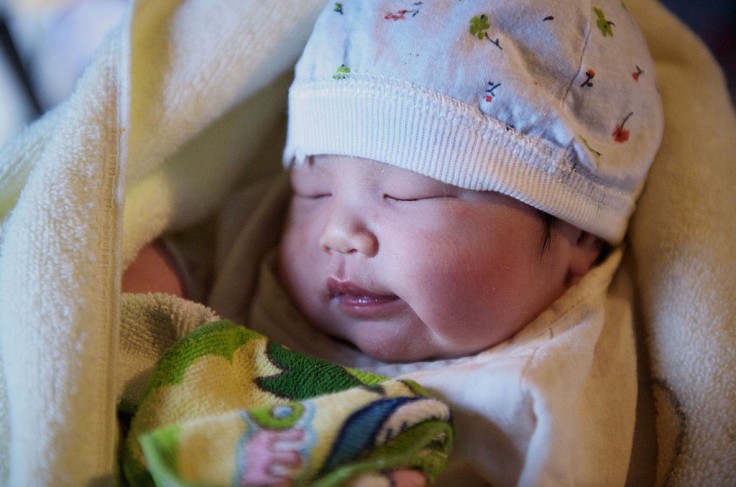
As you observe your child sleeping, you might ponder the thoughts crossing their mind. It's reassuring to think they might be envisioning your comforting presence.
Yet, specialists remain uncertain whether newborns or infants can dream in the same visual or thematic manner as older children and adults.
Is It Possible for Babies to Dream?
Even the youngest infants exhibit quite lively behavior during sleep, often accompanied by amusing noises or facial expressions.
Observing a sleeping baby twitch, grin, or smirk might evoke visions of them wandering through a fantastical dreamland, perhaps frolicking amidst a rainbow or playing with the family pet.
Yet, the reality remains that much about the infant brain eludes scientific understanding. Experts in human development and neuroscience dissect what is known about infant dreaming and the activities within their brains while they slumber.
The query of whether babies dream during sleep lacks a definitive answer. "Currently, with our technological capabilities, determining whether babies dream is not feasible," explains Dr. Melissa Burnham, a professor at the University of Nevada, Reno.
The primary way we ascertain, if someone dreams, is through their ability to articulate their experiences. Hence, until a child can communicate, "I had the most incredible dream," we can only speculate.
What is evident is that babies' brains are highly active during sleep. Research indicates they consolidate memories from waking experiences and may process stimuli from their environment while asleep, underscoring the critical role sleep plays in infant development.
Furthermore, the functioning of an infant's brain differs markedly from that of adults or older children, even during waking hours.
While they can retain memories, they don't develop "episodic" memories - recollections of specific events - until around 3 or 4 years old.
If babies do perceive images or sounds during sleep, it likely differs from conventional notions of dreams, suggests Burnham.
How do Babies' Sleep Patterns Differ from Adults'?
Newborns lack a developed circadian rhythm, leading to irregular sleep patterns, often sleeping in short intervals throughout the day and night.
Unlike adults, who encounter non-rapid eye movement (NREM) and rapid eye movement (REM) sleep in specific phases, newborns may only go through one or two sleep cycles per session, which can include phases like active sleep, quiet sleep, and indeterminate sleep.
Deciphering a baby's sleep phase involves observing their behaviors, such as irregular breathing, eye movements, and limb jerking. These actions signify different stages of sleep, from active to quiet or indeterminate.
When do Babies Start Dreaming?
While experts can't pinpoint the exact age when dreams begin, children typically start describing them between ages 2 and 3. These dreams may initially revolve around vague or daytime experiences, often manifesting as unsettling visions.
While infants are notably active during slumber, the reason behind their movements intrigues researchers more than whether they dream.
Mark Blumberg, a neuroscientist at the University of Iowa, proposes that these movements aid in brain development rather than being triggered by dreams. He suggests that twitches in sleep stimulate brain circuits, contributing to their maturation.
In essence, whether babies dream or not, their brains undertake significant activity during sleep. As children of all ages require ample sleep for growth and development, understanding precisely what occurs in their minds remains a fascinating realm of inquiry.
Despite the mysteries surrounding infant sleep, one thing is certain: whatever transpires during their slumber plays a vital role in their well-being and flourishing.